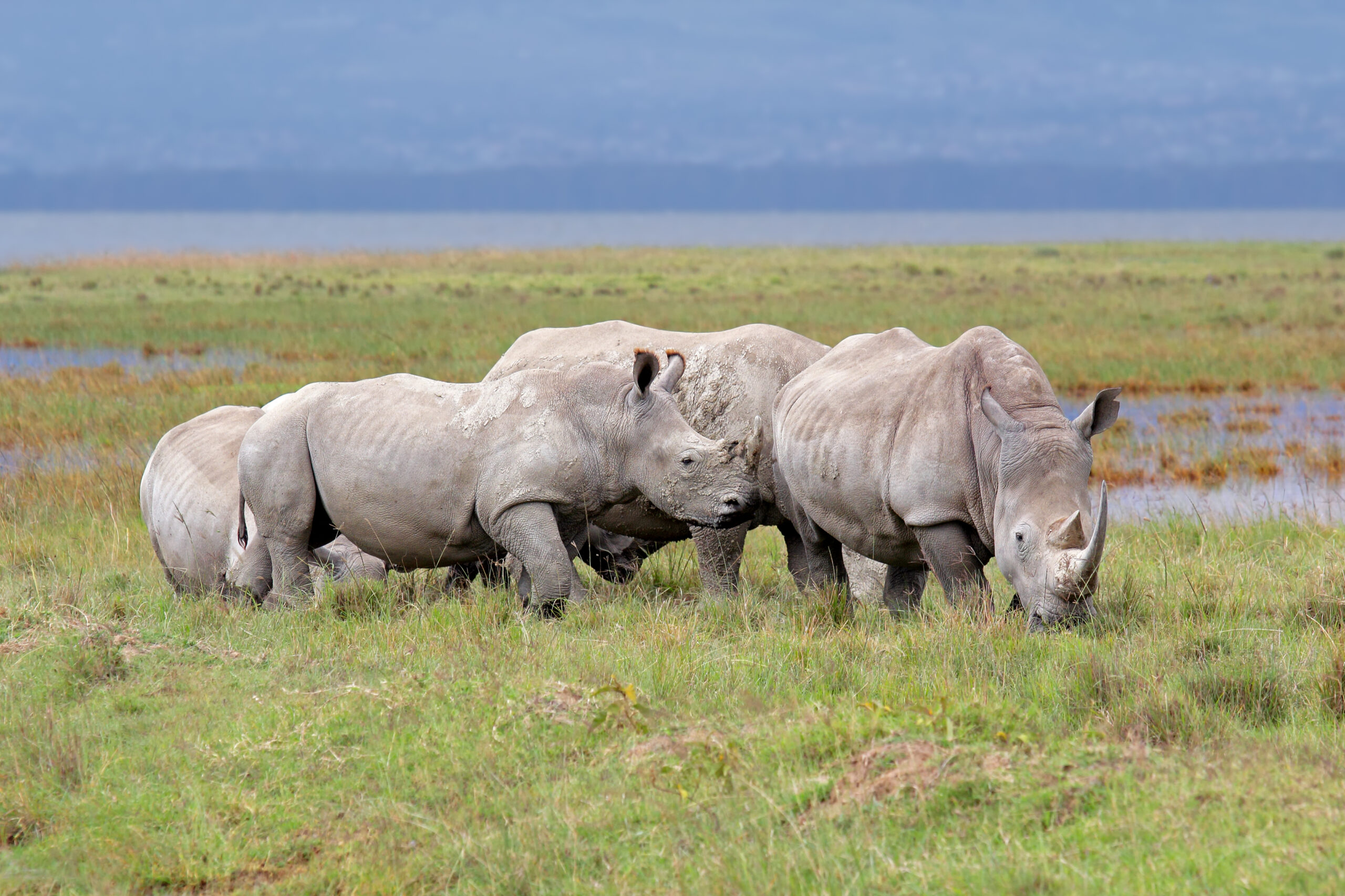Legal hunting of threatened species, particularly trophy hunting, is often criticized on ethical grounds. However, in some contexts, it can serve as a valuable conservation tool. A review of half a century of regulated rhino hunting in South Africa and Namibia reveals that carefully managed, selective hunting of a small number of males can actually enhance population health, boost genetic diversity, support range expansion, and generate critical conservation funding.
Both white and black rhino populations have increased since legal hunting began in these countries. Ending this practice could harm conservation efforts, especially as rhinos are increasingly seen as financial burdens and revenue sources like tourism have declined due to COVID-19. When governed responsibly, limited legal hunting can help protect even highly threatened species by aligning conservation with socioeconomic sustainability.

